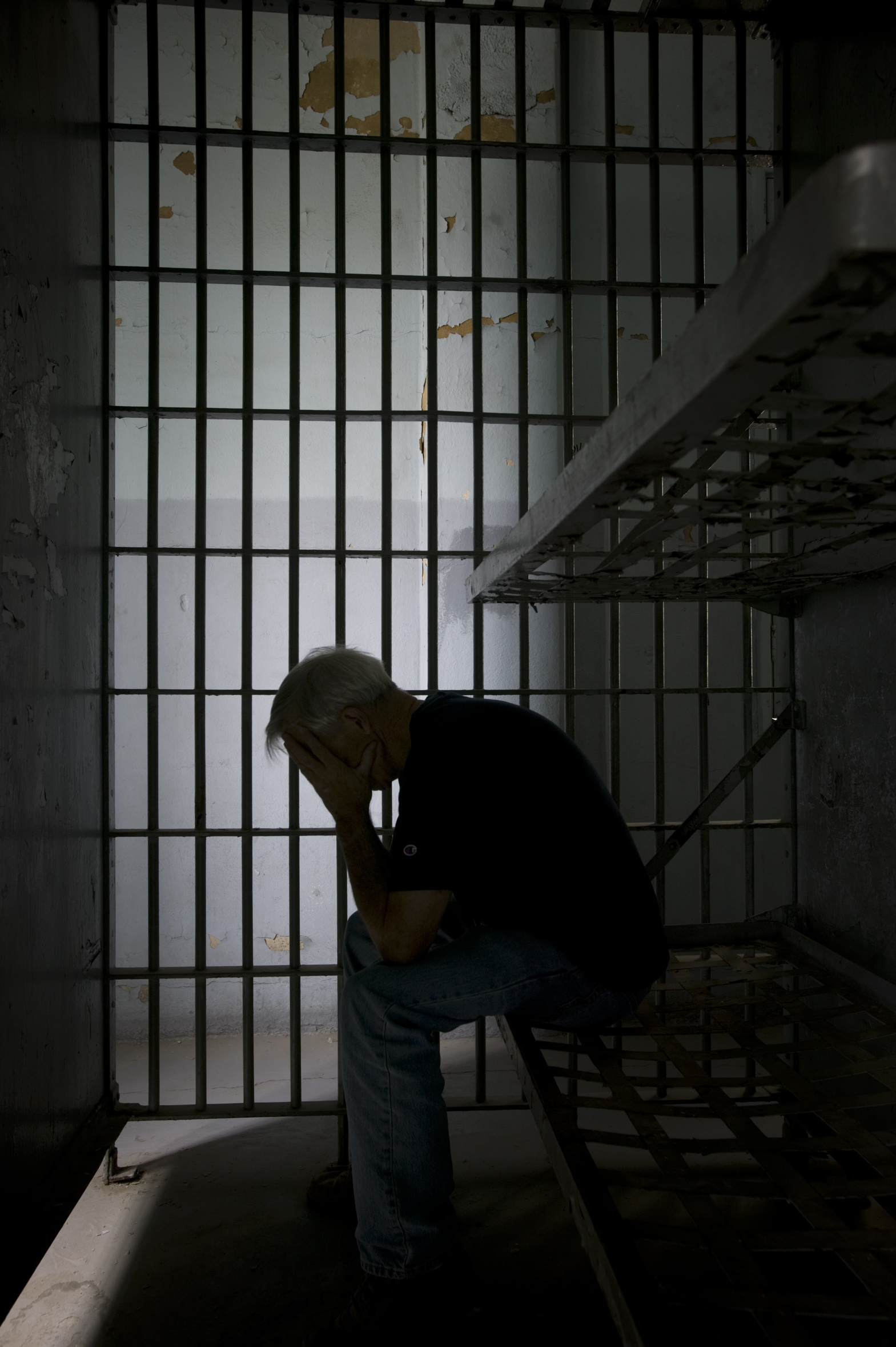
The Importance of Jail and Prison Ministries: A Beacon of Hope in the Midst of Adversity
January 10, 2024 | Hope of Freedom | Leave a commentIn the complex tapestry of society, where individuals face various challenges and struggles, jail and prison ministries emerge as beacons of hope, offering solace and redemption to those confined within the walls of correctional facilities. These ministries play a crucial role in addressing the spiritual and emotional needs of inmates, fostering rehabilitation, and contributing to the overall well-being of society.
Addressing Spiritual Needs:
One of the primary functions of jail and prison ministries is to address the spiritual needs of incarcerated individuals. In an environment marked by isolation and despair, these ministries provide a platform for inmates to explore and strengthen their faith. Spiritual guidance and support offer a sense of purpose, hope, and inner peace, helping individuals navigate the challenges of incarceration.
Rehabilitation and Transformation:
Jail and prison ministries actively contribute to the rehabilitation and transformation of inmates. By offering counseling, support groups, and religious education programs, these ministries provide tools for self-reflection and personal growth. The transformative power of faith can be a catalyst for positive change, helping individuals break free from cycles of destructive behavior and paving the way for a successful reintegration into society.
Community and Connection:
Incarceration often leads to a sense of isolation, detachment, and loneliness. Jail and prison ministries serve as a bridge, connecting inmates with a supportive community that extends beyond prison walls. Building these connections is essential for fostering a sense of belonging, reducing recidivism, and aiding in the healing process for individuals who may have experienced trauma or hardships.
Restoration of Dignity:
Through their work, jail and prison ministries contribute to the restoration of dignity for those who may have lost it along their life journey. Recognizing the inherent worth of every individual, irrespective of their past mistakes, these ministries create an environment where individuals can rebuild their self-esteem and regain a sense of purpose.
Community Safety and Reintegration:
Investing in jail and prison ministries is not only an investment in the spiritual and emotional well-being of inmates but also in the safety of the broader community. By focusing on rehabilitation and reintegration, these ministries play a vital role in reducing the likelihood of repeat offenses. A rehabilitated and spiritually grounded individual is more likely to contribute positively to society upon release.
Conclusion:
Jail and prison ministries stand as crucial pillars of support, bringing hope, redemption, and transformation to individuals within the criminal justice system. By addressing spiritual needs, fostering rehabilitation, building community, and restoring dignity, these ministries contribute significantly to the well-being of both inmates and society as a whole. Recognizing the importance of these ministries is essential for creating a more compassionate and effective approach to criminal justice, ultimately promoting healing and positive change.In the complex tapestry of society, where individuals face various challenges and struggles, jail and prison ministries emerge as beacons of hope, offering solace and redemption to those confined within the walls of correctional facilities. These ministries play a crucial role in addressing the spiritual and emotional needs of inmates, fostering rehabilitation, and contributing to the overall well-being of society.
Addressing Spiritual Needs:
One of the primary functions of jail and prison ministries is to address the spiritual needs of incarcerated individuals. In an environment marked by isolation and despair, these ministries provide a platform for inmates to explore and strengthen their faith. Spiritual guidance and support offer a sense of purpose, hope, and inner peace, helping individuals navigate the challenges of incarceration.
Rehabilitation and Transformation:
Jail and prison ministries actively contribute to the rehabilitation and transformation of inmates. By offering counseling, support groups, and religious education programs, these ministries provide tools for self-reflection and personal growth. The transformative power of faith can be a catalyst for positive change, helping individuals break free from cycles of destructive behavior and paving the way for a successful reintegration into society.
Community and Connection:
Incarceration often leads to a sense of isolation, detachment, and loneliness. Jail and prison ministries serve as a bridge, connecting inmates with a supportive community that extends beyond prison walls. Building these connections is essential for fostering a sense of belonging, reducing recidivism, and aiding in the healing process for individuals who may have experienced trauma or hardships.
Restoration of Dignity:
Through their work, jail and prison ministries contribute to the restoration of dignity for those who may have lost it along their life journey. Recognizing the inherent worth of every individual, irrespective of their past mistakes, these ministries create an environment where individuals can rebuild their self-esteem and regain a sense of purpose.
Community Safety and Reintegration:
Investing in jail and prison ministries is not only an investment in the spiritual and emotional well-being of inmates but also in the safety of the broader community. By focusing on rehabilitation and reintegration, these ministries play a vital role in reducing the likelihood of repeat offenses. A rehabilitated and spiritually grounded individual is more likely to contribute positively to society upon release.
Jail and prison ministries stand as crucial pillars of support, bringing hope, redemption, and transformation to individuals within the criminal justice system. By addressing spiritual needs, fostering rehabilitation, building community, and restoring dignity, these ministries contribute significantly to the well-being of both inmates and society as a whole. Recognizing the importance of these ministries is essential for creating a more compassionate and effective approach to criminal justice, ultimately promoting healing and positive change.